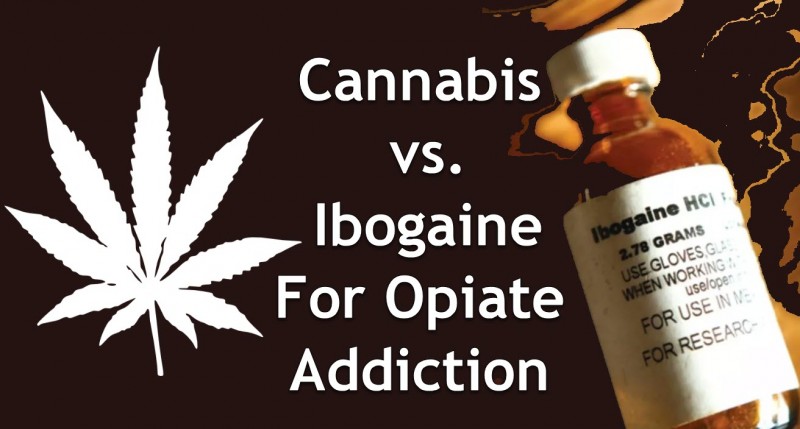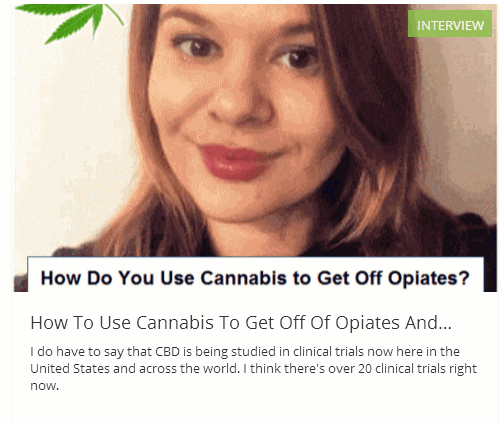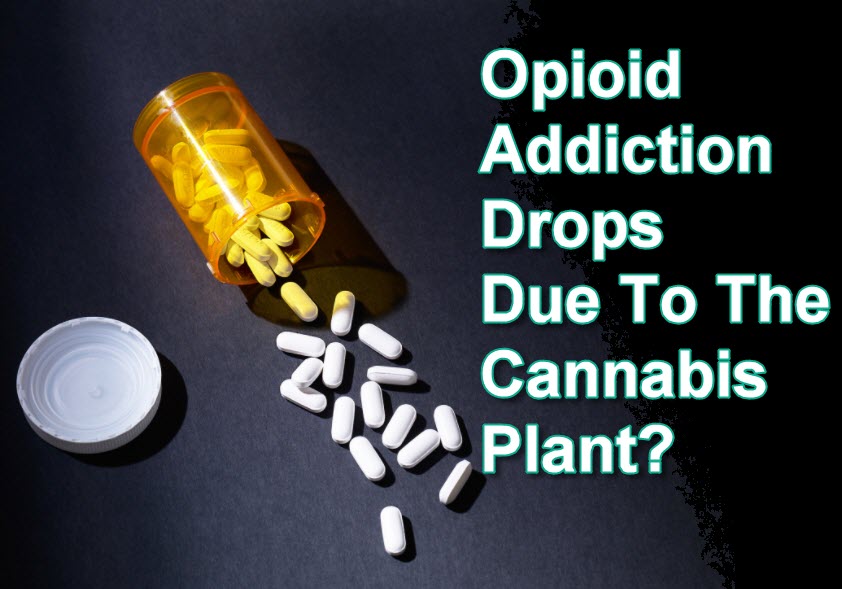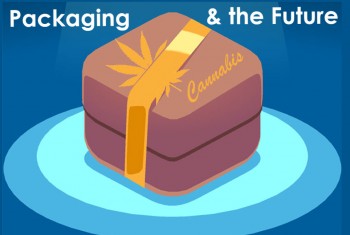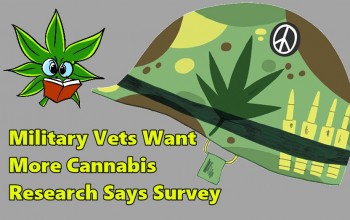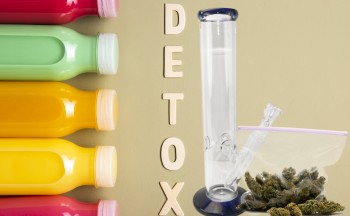Cannabis vs. Ibogaine For Opiate Addiction
The Other Schedule 1 Drug Being Studied For Treating Substance Abuse Disorders
Every single day, over 115 individuals in the United States alone die from an opioid overdose. The worrisome addiction and abuse of opioids including street drugs like heroin or over-the-counter painkillers, is taking a toll on lives and society.
This alarming situation is causing scientists to make a mad dash to find suitable treatment for treating opioid addictions. One of the latest substances that are currently being researched for its potential to treat opioid addictions is ibogaine.
What Is Ibogaine?
Ibogaine is a natural psychoactive substance that occurs in several plant sources. For centuries, it’s been used in traditional West African communities for healing and rituals particularly the bwiti ceremony where ibogaine’s hallucinogenic properties are believed to help them communicate with their ancestors.
Recently, some researchers have found that it may treat opioid addictions. Last year, an entire conference in Vienna was conducted, focused all around the “drug”. It was attended by some medical experts and advocates of the drug with the aim of encouraging more European research to be conducted on ibogaine.
But how safe is ibogaine?
Ibogaine is currently listed as a Schedule 1 substance in the United States, although it’s available in varying degrees in other countries in Europe as well as Mexico in Canada. Its potential for treating addiction was accidentally discovered in the 1960’s by a heroin addict named Howard Lotsof. He began consuming ibogaine for recreational purposes, and suddenly his heroin cravings as well as withdrawals were reduced.
Sometime in the 1990’s the National Institute on Drug Abuse (NIDA) conducted some animal studies with ibogaine in the United States. From 1962 to 1993, there were several other human studies, this time on actual opioid addicts, involving ibogaine.
However, a 24-year old female subject, who was administered the highest dosage of ibogaine, died in 1993 in Holland.
Despite this, scientists STILL experiment with ibogaine. MAPS (Multidisciplinary Association for Psychedelic Studies), a non-profit research group that studies cannabis and psychedelics, found that ibogaine was helpful in reducing withdrawal symptoms in 20% and 50% of subjects in their Mexico and New Zealand studies respectively.
Toxic Drug
Ibogaine has been associated with several serious side effects, especially cardiac arrest. It is not advisable for anyone with a heart problem to use this drug. Doing so can lead to death. Additionally, ibogaine use can have serious interactions with dozens of other drugs including tramadol, methadone, and antidepressants.
Upon consumption, ibogaine can lead to dry mouth, nausea, dizziness, and vomiting. It can also cause irregularities in heart beats, and irregular breathing. After an ibogaine “trip”, it is said to be followed by several days of introspection. One woman described her experience with ibogaine this way: “I wouldn’t recommend it to somebody who is trying to have fun. If you want your body to explode into 1,000 pieces and rebuilt itself into something beautiful, then yeah – but don’t expect it to be pleasant.”
Truth be told, pleasure would be the last thing on our minds if we’re taking something that could even kill us.
Cannabis As A Safer Alternative
So why are people still trying to use ibogaine as a treatment for opioid addiction, when cannabis is a far safer alternative? Cannabis has not been linked to a single death, and it can’t kill you regardless of how much you take.
The body of evidence proving that cannabis safely helps opioid addicts get off their drugs only continues to grow. One of the newest studies, which was published in the journal Addiction, even says that DAILY cannabis use was effective in helping addicts recover from their addiction. They also found that addicts were 21% more likely to stay in treatment if they used cannabis daily.
Furthermore, cannabis can be taken in a variety of ways. It can be taken in its non-psychoactive form CBD (cannabidiol) for addicts who don’t want to get high, and it can also be taken with THC or in whole-plant form. Cannabis can be smoked, vaped, eaten, taken sublingually, or drank and it still won’t kill you while offering even more effective benefits when it comes to treating addiction.
People should stop wasting time “researching” about other Schedule 1 substances that may help the opioid crisis. We’ve already found the answer in the form of cannabis.
Medical Marijuana verse Ibogaine For Opiate Addiction? from CannabisNet on Vimeo.
OTHER STORIES YOU MAY ENJOY...
HOW TO USE CANNABIS TO GET OFF OPIATES, CLICK HERE.

